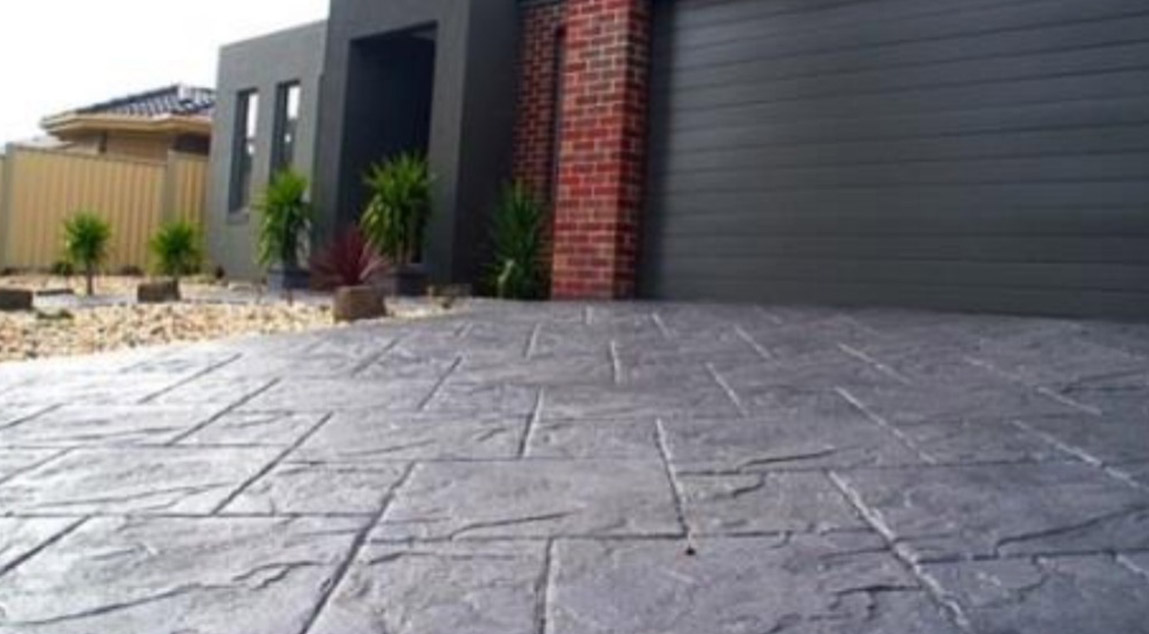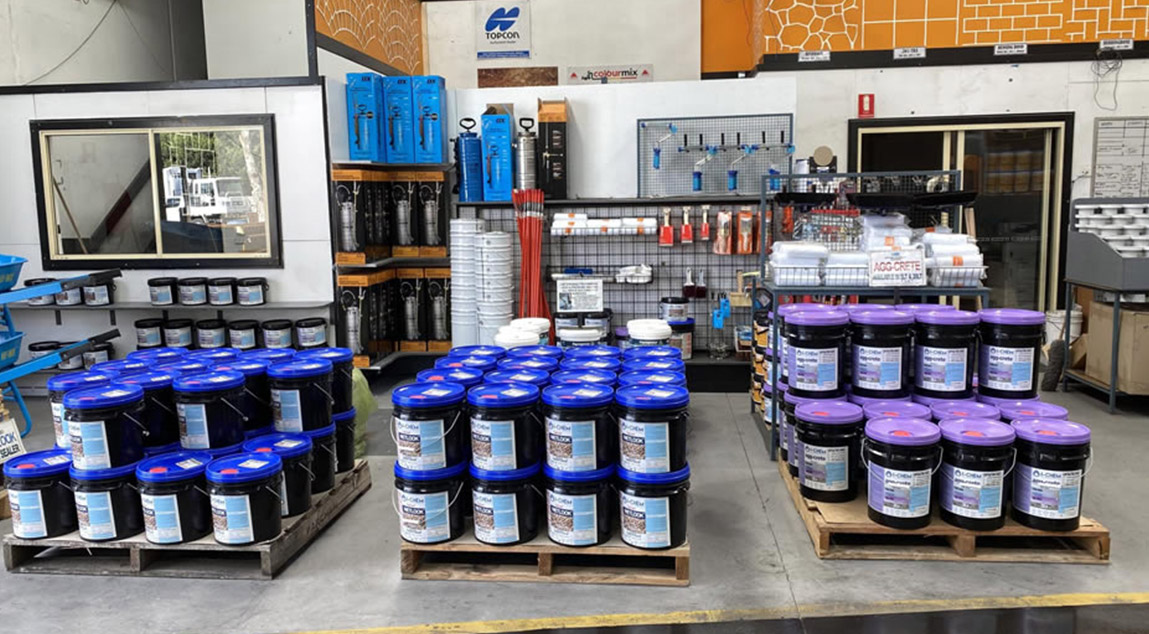Bluestone Concrete Sealer

What is bluestone concrete sealer and what are its benefits
In a broad sense, the term “bluestone” is sometimes used to refer to a variety of stones. It’s a marketing term rather than a geological one. In Victoria, the term “bluestone” is used to describe basalt, whereas, in South Australia, the name “bluestone” is given to a type of slate that is less durable than Victorian bluestone. Bluestone (basalt) can be utilised inside and out, including cladding, paving, steps, coping, kitchen and bathroom countertops, pool surrounds, garden edging, commercial and domestic floors.
Rust-coloured markings in the rock may also be due to natural substances turned into the stone. Remember that your bluestone isn’t actually rusted when you’re caring for it!
Bluestone is a unique product that has become quite popular due to its beautiful appearance and durability. Here are the benefits and drawbacks of Bluestone so you can decide whether or not it’s right for you.
Versatile
Swimming pool decks, walkways, driveways, garden paths, and patios are all good candidates for Oxford bluestone pavers. It is one of the most adaptable stones for commercial and domestic building projects, due to its broad colour range.
Durable
Bluestone is a very durable stone that is resistant to cracking or breaking. This is a type of volcanic rock that has gone through a lot of treatments and transformations. It is thus durable, dense, and weatherproof. It can support heavy loads of vehicles and goes through freeze-thaw cycles. The stone’s colours are long-lasting. Isn’t this “built to last a long time” feature enticing?
Functionality
The black finish on the tiles provides excellent slip-resistance, yet it also feels smooth when walked on. This is useful for locations where there is a lot of snow or foot traffic. Additionally, the stone’s resistance to water makes it ideal for pool use. As a result, Bluestone pavers are the most popular in pools. An all-purpose material, if you will.
Easy to maintain
One advantage of Bluestone pavers is that they don’t stain easily. If any stains remain, a solution of water and detergent or vinegar can be used to get rid of them. The smooth, water-resistant surface makes it easy to clean. They can also be replaced without affecting the entire surface if they are damaged. It’s so stress-free!
Aesthetics
Bluestone has a distinctive look that stands out. The blue tint suits well with natural features like sky, daylight, and water. Bluestone patio, walkways, or swimming pools give the impression of being roomy and active. The blue tone is complemented by the surrounding components (furniture or fittings) in green, brown, or yellow. It’s a simple beauty that adds value to the room without being obtrusive.
When to apply bluestone concrete sealer
Bluestone (like all-natural stone) is permeable, which means it will absorb moisture if you allow water or wine to sit on top. Unless you wipe it away promptly, moisture will soak into the surface and the stone will crack over time.
We always advocate sealing bluestone in locations where oils or fats might be inadvertently dropped onto the surface, such as a BBQ area, driveway. Because of this, once your bluestone is sealed, you may be certain that it will remain flawless in your home in these situations. Swimming pool coping and walkways surrounding the pool do not always need to be sealed.
You only need to repeat the procedure if your tiler replaces the pavers. Some people choose to recoat their bluestone tiles every 5-8 years.
Simply moisten the top of your bluestone pavers and tiles to see if they require sealing. If it forms water beads, it doesn’t need to be sealed. After a few minutes, the pavers should be sealed if they have absorbed enough water.
How much does bluestone concrete sealer cost?
How much does Bluestone concrete sealer cost? It depends on the individual or business that you are buying it from. You should expect to pay $8-$10 for a gallon of sealer.
Where to buy bluestone concrete sealer
(We will add the client products in this section.)
How long will the effects of bluestone concrete sealer last?
You will know when your bluestone pavers need to be resealed because water beads form on the surface. The time differed depending on the brand, but you should recoat every 2-3 years for interior flooring and 6-8 months exterior flooring. There’s always a chance that the sealant will not completely protect against stains, even if you use it correctly.
Sealing your bluestone will keep the majority of stains submerged, creating a barrier that shields against chemical assault, deterioration, and pollution. The first and most essential step in maintaining the beauty of your investment is to use a sealer.
-
 February 4, 2022Sandstone Concrete Stencil
February 4, 2022Sandstone Concrete StencilDo you want to add a touch of luxury and elegance to your concrete projects? If so, then consider using sandstone concrete stencils!
Read More -
 February 4, 2022Gloss Brick Sealer
February 4, 2022Gloss Brick SealerGloss brick sealer is a wonderful material for adding a brilliant shine to your brick slip wall feature.
Read More -
 February 4, 2022Bluestone Concrete Sealer
February 4, 2022Bluestone Concrete SealerIn a broad sense, the term “bluestone” is sometimes used to refer to a variety of stones. It’s a marketing term rather than a geological one.
Read More
